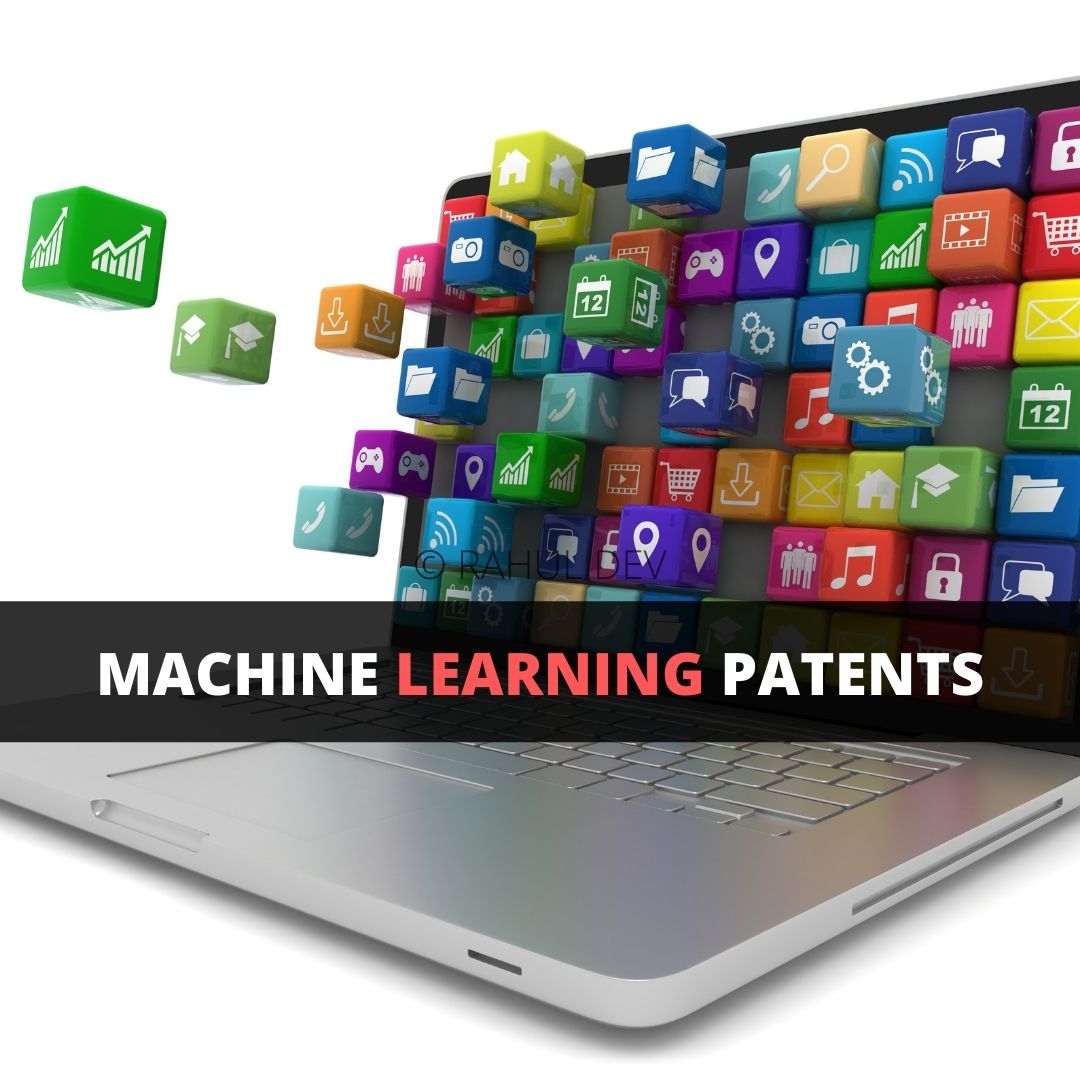

The Apple patent covering machine learning aspects for answering verbal questions asked by users is primarily aimed at protecting unique features behind Apple’s voice assistant, Siri. A brief review of this patent reveals that the claims cover device claims, computer program product claims, and a set of method claims. The method claims cover various steps, including, identifying a question and an answer to the question based on source data; performing a search on a corpus of data corresponding to the source data; assigning a positive label to the answer that is determined to be semantically relevant with respect to the question, and a negative label to the other answer that is determined to be semantically irrelevant with respect to the question.
Based on these steps, the invention discloses generating a machine learning model, via a machine learning model generator that takes the corpus of data as input, to generate and train the machine learning model. This machine learning model generator includes a question-and-answer identification module, an additional answer generation module, an answer labeling module, and a training module. Hence, various modules are protected under the scope of system and method claims, which is a standard practice for drafting software patents.
Machine learning has been heralded by many prominent technology leaders in recent years. Many believe that it will usher in an era of great change for businesses both large and small. Proponents of this type of technology assert that it will create new opportunities by reducing the time needed for decision making and will provide businesses with an edge on their competitors. Proponents additionally claim that it will create better results, quicker, and at a lower cost than what we have now with traditional business. Still, others are concerned that these claims may prove to be nothing more than hype, and that the benefits of artificial intelligence will not prove to be as beneficial as originally believed.
One way to determine if machine learning is beneficial for your business is to look at how it operates in real life. In its simplest form, machine learning uses complex algorithms to perform a series of actions in order to give you the best possible result for whatever you’re trying to accomplish. When you’re searching the web or reading a book, it would seem like a natural human decision making processes take place. The reason that this occurs is that the internet and other sources provide a plethora of data, all of which is processed and analyzed. The reason artificial intelligence programs are being used in machine learning is because they reduce the amount of time and effort that is required in order to process information. This can benefit businesses in that they may be able to receive feedback faster and with less hassle.
However, it is important to remember that while artificial intelligence has provided businesses with an advantage in some cases, there is still much to learn. One major question revolves around whether or not businesses can trust artificially intelligent programs with personal data. There are already concerns about whether or not data can be manipulated, and this concern may become greater in the future. Another issue that arises is the possibility that artificial intelligence systems may not have the same ethics as human employees. With that being said, the use of artificial intelligence will no doubt continue to rise in importance in all areas of the business world.
There has been a great transformation in the business world with the advent of machine learning (ML) technology. This emerging technology has the ability of learning automatically and improvising from its own experiences. This has greatly influenced the common or business lives of the people by providing novel or innovative ideas in the form of ML applications in the market. Therefore, reducing human intervention in tech tasks. Moreover, to yield better business outcomes and drive innovative campaigns, more and more tech related companies are operating on machine learning. Furthermore, it is predicted that machine learning technology will also impact the future of transportation by adoption of automated vehicles or self-driving vehicles based on the ML algorithm. It is inevitable that this would reduce traffic related issues by 90% thus impacting the lives of people.
Moreover, the healthcare system still operates on conventional methods to preserve patient’s data, which has become difficult to preserve. However, the innovation of machine learning can be applied to preserve huge amounts of sensitive patient’s data with confidentiality. Moreover, machine learning algorithms can be used for diagnostic purposes, risks and the like. Moreover, machine learning innovations can further be applied to the retail management system wherein machine learning models can provide retailers to better understand and analyse customer behaviour, thus providing them with better personalised experiences.
In addition to this, machine learning innovations can also be applied in content moderation tasks to put a halt to the spread of fake news or Pseudo news outspread via digital culture, social media and the like. For this, Facebook has announced to hire 3000 employees to check the newsfeed content of the platform. However, with the use of innovative tools of AI/ML technologies, the context and content of every content posted on social media can be analysed which would further reduce the human intervention to enable content moderation tasks.
Furthermore, these AI/ML innovations could be used to address cybercrimes by identifying fraud and by preventing cyber-attacks and phishing. Researchers are developing smart methods wherein ML innovations can be applied to prevent cybercrimes. However, machine learning models have already been made accessible to developers. Also, Ecommerce and social media sites make use of machine learning to analyse buying and search history of every customer recommending further items to purchase.
Therefore, it is evident that machine learning technology can influence various sectors that include healthcare sector, transportation, retail management system, cybercrimes and the like and has impacted the professional & personal lives of people by reducing human intervention and diverting them towards productive work. These machine learning models analyse, learn, identify patterns and make decisions without the involvement of human intervention thus increasing the accuracy and efficiency and removing the possibility of human error. The future of these sectors as mentioned above will be driven by artificial intelligence and machine learning that has the ability to analyse, capture and use data for personalised user experience.
Our team of advanced patent attorneys assists clients with patent searches, drafting patent applications, and patent (intellectual property) agreements, including licensing and non-disclosure agreements. Advocate Rahul Dev is a Patent Attorney & International Business Lawyer practicing Technology, Intellectual Property & Corporate Laws. He is reachable at rd (at) patentbusinesslawyer (dot) com & @rdpatentlawyer on Twitter.
Quoted in and contributed to 50+ national & international publications (Bloomberg, FirstPost, SwissInfo, Outlook Money, Yahoo News, Times of India, Economic Times, Business Standard, Quartz, Global Legal Post, International Bar Association, LawAsia, BioSpectrum Asia, Digital News Asia, e27, Leaders Speak, Entrepreneur India, VCCircle, AutoTech).
Regularly invited to speak at international & national platforms (conferences, TV channels, seminars, corporate trainings, government workshops) on technology, patents, business strategy, legal developments, leadership & management.
Working closely with patent attorneys along with international law firms with significant experience with lawyers in Asia Pacific providing services to clients in US and Europe. Flagship services include international patent and trademark filings, patent services in India and global patent consulting services.
Global Blockchain Lawyers (www.GlobalBlockchainLawyers.com) is a digital platform to discuss legal issues, latest technology and legal developments, and applicable laws in the dynamic field of Digital Currency, Blockchain, Bitcoin, Cryptocurrency and raising capital through the sale of tokens or coins (ICO or Initial Coin Offerings).
Blockchain ecosystem in India is evolving at a rapid pace and a proactive legal approach is required by blockchain lawyers in India to understand the complex nature of applicable laws and regulations.
Read About Patent FIling Guide



